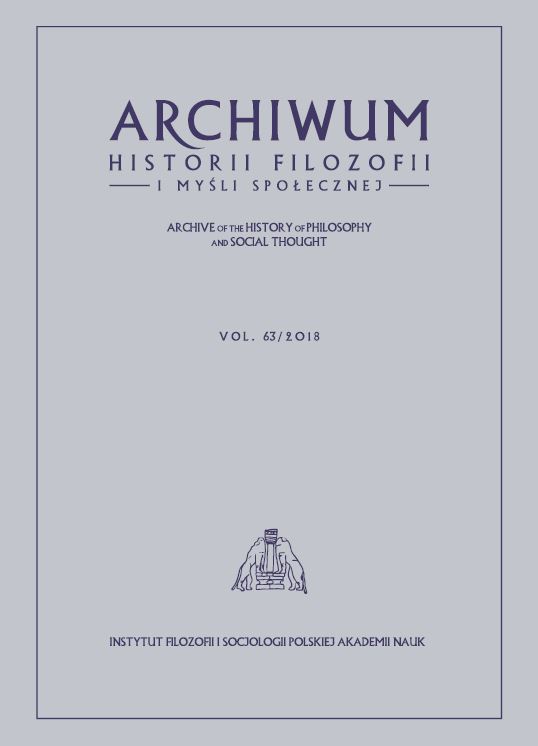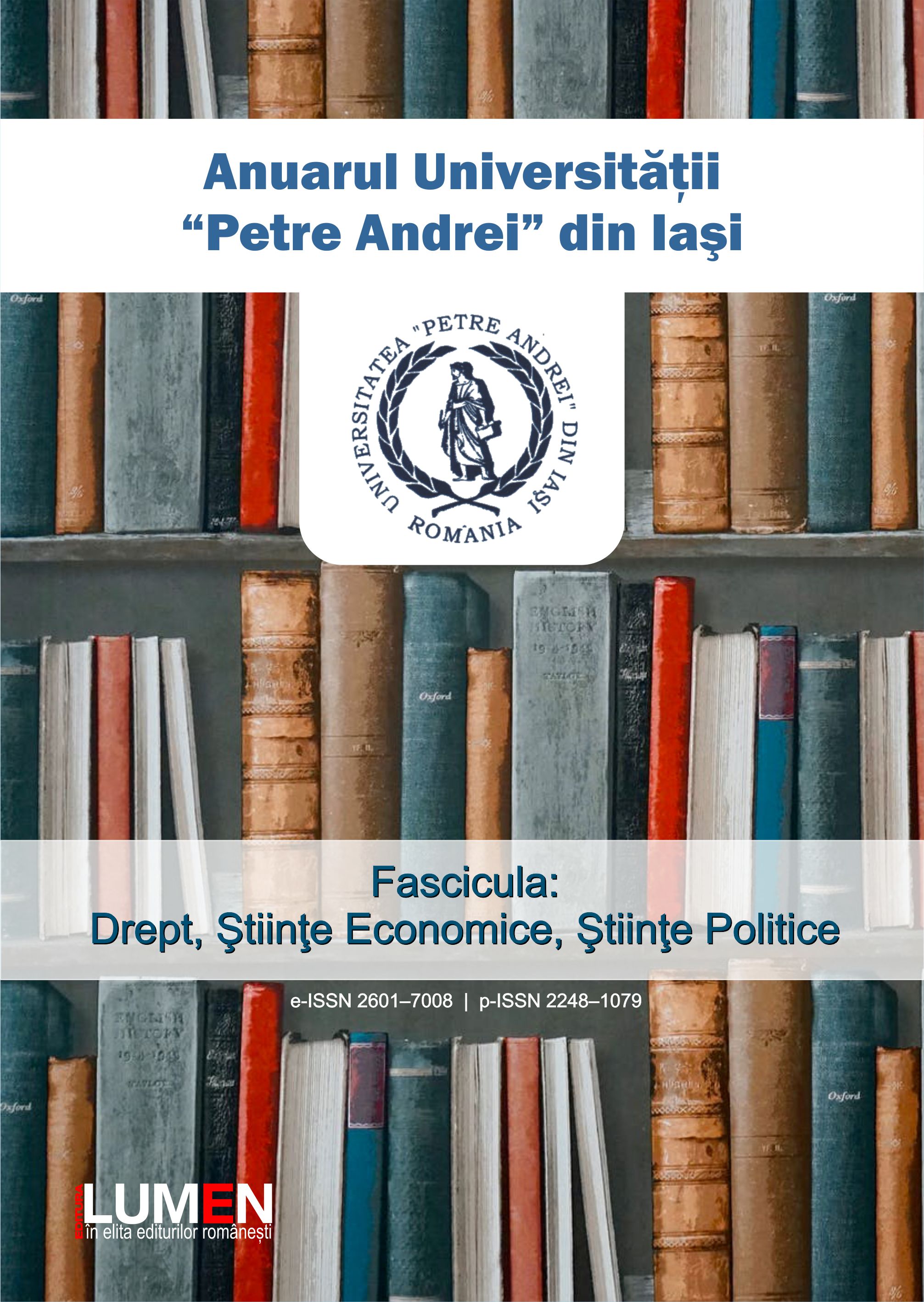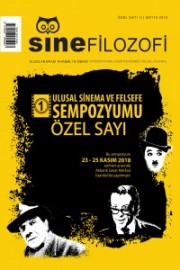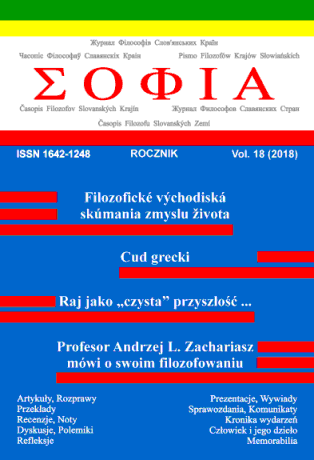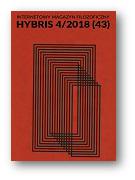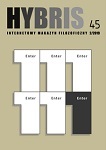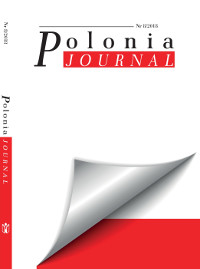
Mesjanizm w filozofii Augusta Cieszkowskiego
The article discusses succinctly the main characteristics of messianism in the philosophy of August Cieszkowski (1814–1894). At first, an adequate definition of the phenomenon called ‘messianism’ is accepted, since the term is understood in different, sometimes contradictory ways, e.g. by J.M. Hoene-Wroński and by A. Mickiewicz. Next Cieszkowski’s conception of ‘social messianism’, ultimately pertaining to the whole world community, is presented. Finally, the ‘social messianism’ is compared to the ‘national messianism’, according to the colloquial understanding of the term, as well as it was understood by Cieszkowski himself.
More...
